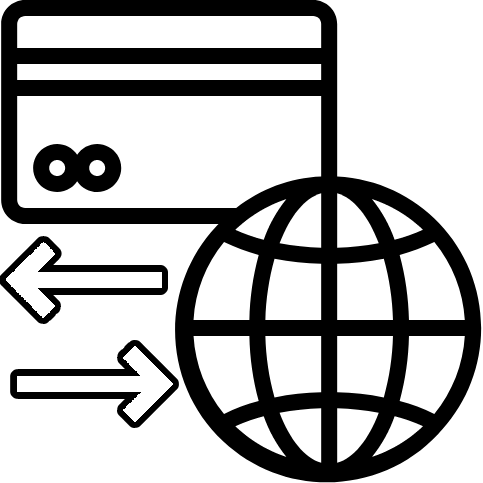
A Direct Debit is an agreement between you and a service provider (such as a telephone service provider) giving permission to the service provider to withdraw money from your bank account.
How does it work?
In this agreement, you authorise the service provider you want to pay to collect an amount (which may be variable or fixed) from your bank account (even an overdraft facility) on a periodic basis or as a one-off payment without any further action on your part.
Once you have agreed to the contractual terms of a Direct Debit, the money will be deducted automatically.
How do I determine the time of when funds are withdrawn?
A Direct Debit can be set up to pay out on a stipulated date every month, on a quarterly or yearly basis.
The service provider will give you 14 days prior notice of the amount and date of collection (unless there is a bilateral agreement to the contrary).
If the service provider you are paying wants to change an amount or date of collection, it is obliged to inform you before it affects any changes.
Authorising a service provider to collect payment from your debit or credit card is not a Direct Debit.
What is SEPA?
The SEPA Direct Debit (SDD) is the technical definition of the European direct debit and allows any client located in the SEPA to pay through direct debit, in Euro, from one bank account and applying the same rules. It shall feature on your statement next to the amounts of your direct debit bills.
When you pay utility bills by SEPA debit transfer you can ask for a refund within eight weeks if the amount is higher than expected based on your spending habits and the terms and conditions of the contract. As for the other payment methods, the new European regulations provide that payments can be contested within 13 months of the due date if not authorized (i.e. if the SDD agreement had not been signed).
What control do I have over a direct debit payment method?
With a Direct Debit the date or payment amount can be changed by the service provider you are paying. Some banks and service providers charge for a Direct Debit.
As a client, you should control your direct debit authorizations, by:
- verifying if all the authorizations correspond to what you agreed with the creditors;
- verifying if the values charged correspond to the amount due;
- defining a date from which you don’t authorize more direct debits for a certain entity;
- limiting the maximum amount an entity can charge for a certain DD authorization.
Direct debits are usually given for an unlimited period of time and can be charged by the client.
What happen if a direct debit is erroneously processed?
Banks have in place technologies which avoid this. However, it may happen that a payment is made by mistake or the wrong amount is taken – for example if you cancelled a contract with a supplier, but the direct debit was still made after the contract was terminated. In these situations, you have the right to get a payment refunded within 8 weeks. This applies to all direct debits, both within Malta or cross-border direct debits within the EU.

